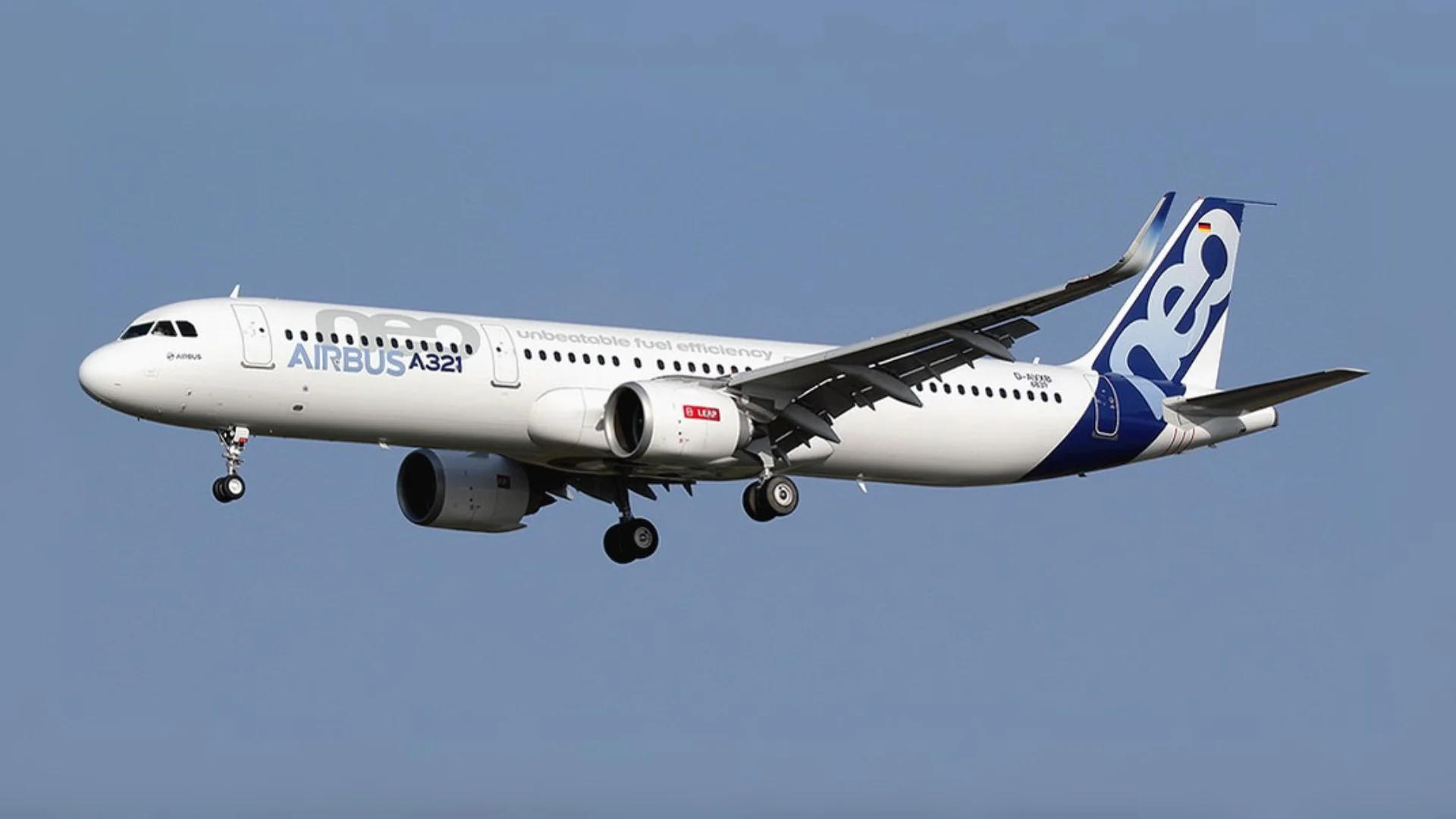After the introduction of the Airbus A321neo, a software-related issue emerged that affected only this variant of the A320neo family. In 2019, the European Union Aviation Safety Agency (EASA) issued an Airworthiness Directive warning that under certain flight conditions, the A321neo could experience a rapid pitch-up attitude, potentially leading to loss of control. The problem was traced to changes in the aircraft's Elevator Aileron Computers, which created this condition during "Flare Mode"—when the plane is below 100 feet altitude, pitching up, and throttles are rolled back. If a go-around was required and the aircraft had an aft center of gravity, pilots could face a stall risk.
"This newly discovered pitch-up attitude could lead to a loss of control for the pilots," EASA stated at the time. The rest of the A320neo family was not affected by this issue.
Airbus responded by first restricting aft center-of-gravity positions as an immediate measure. For a long-term solution, Airbus developed a software modification designed to prevent this scenario from occurring. This fix became available in 2020 and did not affect payload range for either the A321neo or its long-range variants.
 Alerts Sign-up
Alerts Sign-up





































